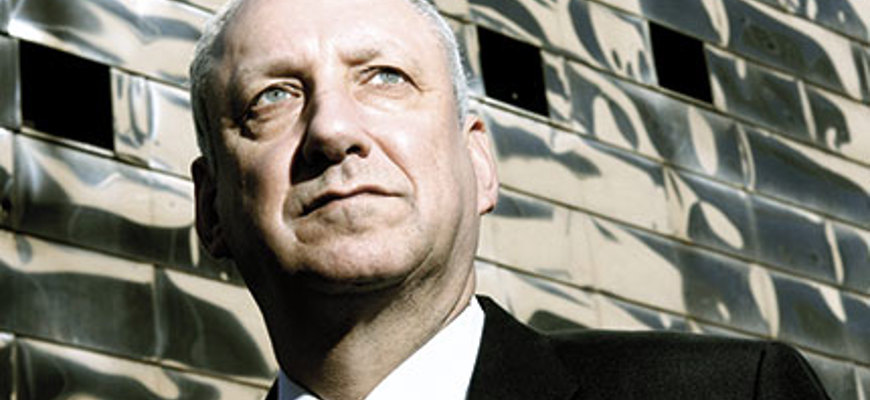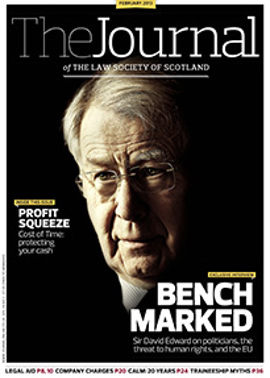How not to win business: a guide for professionals

Professionals are expert at not winning business. Clever, diligent and with the highest standards of integrity, they demonstrate daily a dazzling ability to miss opportunities, undersell themselves, sabotage colleagues and drop the ball.
Month by month, this series will build into a priceless guide to failure. Thoughtfully, however, we also provide the antidote.
Talk, don’t listen
“Talk, don’t listen” is an infallible way not to win business. Every day, millions of highly motivated salespeople achieve stellar failure by this method.
Pick up a book on how to sell, and soon you will be submerged in advice about “the sales conversation”: the importance of eye contact and firm handshake; how to dress; tone of voice; how to make PowerPoint slides memorable. (Tip: What great communicator uses PowerPoint? Does Barack Obama? Does Richard Branson? Did Cicero? There is a reason for this.) These topics have a place, but not first place. In the battle to win clients’ hearts, our key weapons are two ears and one mouth. They should be used in this ratio.
At the first meeting with a prospective buyer, talking not listening is an easy mistake to make – so easy that usually we do not realise we are making it. Craving the business, and full of our own message, we find it hard to resist the temptation to get it out there as quickly as possible. But resist it we must.
At the outset, ask this deceptively simple question: “What are your needs?” Then shut up. Listen reflectively to the answers. Follow up with open questions, that encourage buyers to talk expansively about their businesses, themselves and their service priorities. When the subject of fees comes up, as it will, encourage a frank, upfront discussion about budget and the preferred approach. The best outcome is shaking hands, at least in principle, but do not appear over-eager to seal the deal on the spot. Better, if time allows, to take away all the intelligence you have gleaned and structure a proposal which exudes thoughtfulness and that you have created it with the buyer’s expressed preferences in mind.
Appearing bespoke is equally vital in formal tenders. Nothing looks worse than a proposal which clearly has rolled off the printer with only a change of name, except one with the previous name accidentally left in!
Clients may say and believe that they buy legal services analytically, and to a degree this is true, particularly with procurement professionals. But to a surprising extent still, people buy with their hearts. They need to like you. If they don’t, they will do their best to look elsewhere. So listen, really listen. And when the time comes to talk, you in turn will be worth listening to. n
In this issue
- Know your protection
- The Journal Annual Index 2012
- Rights around corroboration
- Cadder and common law fairness
- Age-old questions
- Master your mail
- Reading for pleasure
- A simple guide to arbitration for non-contentious lawyers
- Opinion column: Tim Haddow
- Book reviews
- Profile
- President's column
- Legal aid: another look
- Early warning system...
- Holding back the state
- It's all about cash...
- Charges changing
- Keep CALM and carry on
- Getting in quick
- Views of children
- More change. Less law?
- Forward, though I canna see...
- Scottish Solicitors' Discipline Tribunal
- Bankers: a breed apart?
- Ruaig an Fhèidh: 3
- The other alternative
- Risk refresher
- Ask Ash
- Law reform roundup
- Judge's conflict of interest warning
- How not to win business: a guide for professionals
- From the Brussels office
- Sent in error






